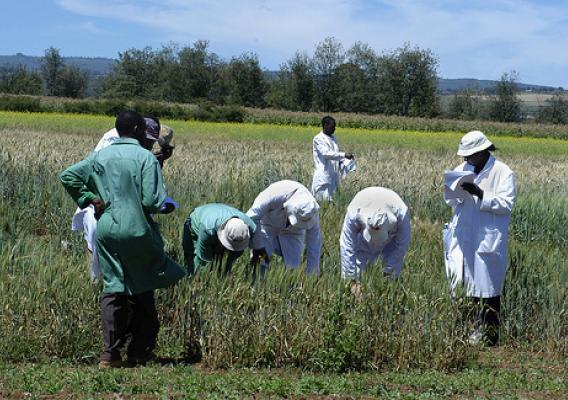On February 20, Agriculture Secretary Tom Vilsack is expected to host two Future of Agriculture panels at the 2014 Agricultural Outlook Forum, “The Changing Face of Agriculture.” On the “Future of Agriculture: Building Markets Here & Abroad” panel are Dr. Rajiv Shah, Administrator, U.S. Agency for International Development; Paul Schickler, DuPont Pioneer President; Kellee James, Founder, CEO, Mercaris; and Cathy Burns, President, Produce Marketing Association. Topics discussed will be import/export markets, market trends, food security, technology, and innovations in agriculture.
Secretary Vilsack also is slated to moderate a second panel, the “Future of Agriculture: Young Farmers - Unlimited Opportunities” to explore the challenges, sustainability, and achievements of today’s young farmers. Panelists include: Joanna Carraway, Top Producer Horizon Award; Michael O’Gorman, Executive Director, Farmer Veteran Coalition; Greg Wegis, National Outstanding Young Farmer Award; and Emily Oakley, Interim Director, National Young Farmers Coalition.







